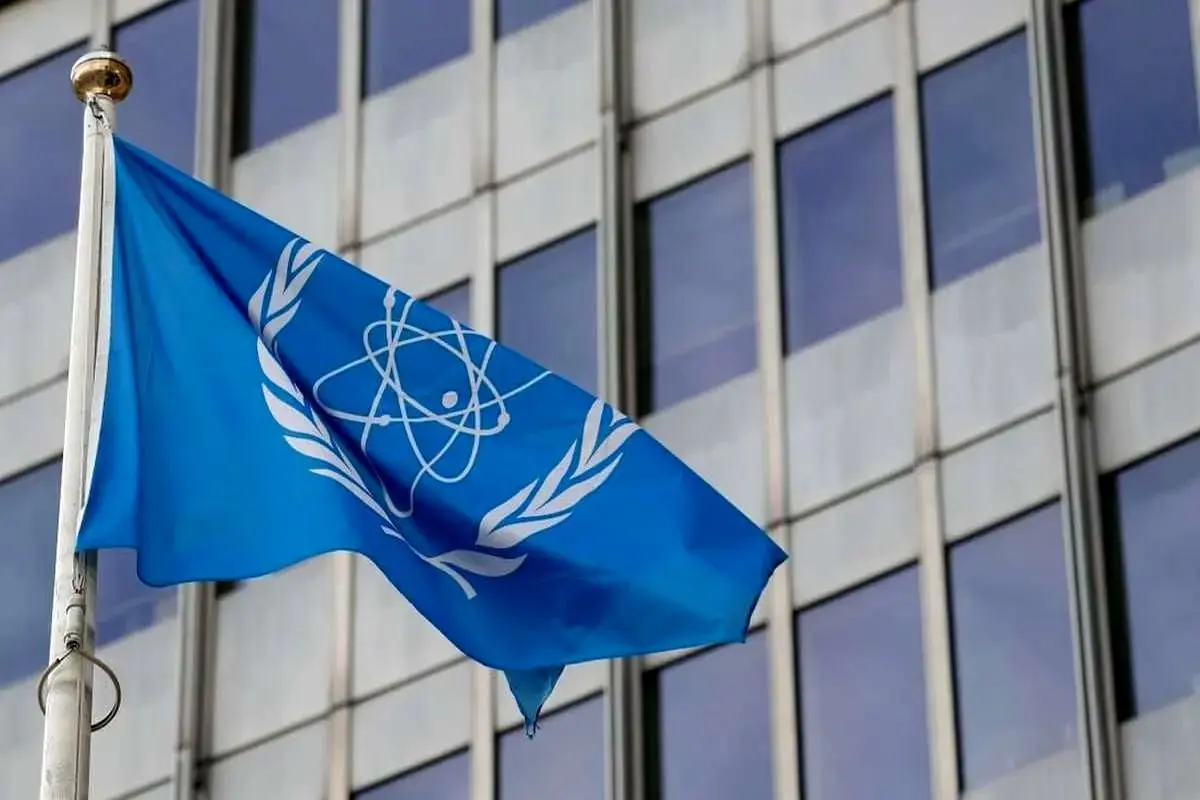SAEDNEWS: The UN has urged Iran to fully cooperate with the IAEA following the return of inspectors, while Europe considers reimposing sanctions if Tehran does not resume nuclear talks by August 2025. Russia and China meanwhile propose extending UNSC Resolution 2231 to keep diplomatic channels open.

According to Saeed News citing IRNA, the spokesperson for the United Nations reacted to the return of International Atomic Energy Agency inspectors to Iran, saying: “We hope Iran will fully cooperate with the Agency.”
Stephane Dujarric, spokesperson for the United Nations, told reporters on Wednesday local time, when asked about the Secretary-General’s view on the return of inspectors to Iran: “I have seen the report announced by the IAEA. We hope Iran will fully cooperate with the IAEA and honor its commitments.”
With the outbreak of the 12-day war with Israel and the U.S. strike on Iran’s nuclear facilities, the first serious consequences of this crisis appeared in Iran’s relations with the IAEA. Inspectors of the Agency, who under the Nuclear Non-Proliferation Treaty (NPT) are mandated to monitor Iran’s nuclear program, had left the country.
A journalist asked the UN spokesman: “If European countries decide to activate the snapback mechanism, are they required to notify the Secretary-General?”
The UN spokesman initially replied incorrectly: “My understanding of this process is that a letter should be sent to the Secretary-General. I hope this interpretation is correct.”
Dujarric later corrected himself in an email to reporters, saying: “For the snapback issue, a letter must be sent to the President of the Security Council, not the Secretary-General. I misspoke during the press briefing.”
In August of this year, the foreign ministers of the three European countries sent a letter to the UN Secretary-General declaring that if Iran did not resume nuclear talks with the international community by the end of August 2025 (September 2025 in the Iranian calendar), they were ready to activate the “automatic return of sanctions” mechanism. In this letter, without attributing blame for the current state of the JCPOA, the Europeans claimed that if Iran did not accept a diplomatic solution before the end of August, the European troika would activate the snapback mechanism.
Under the Iran nuclear deal (JCPOA) and UN Security Council Resolution 2231, some of the key provisions of the agreement are set to expire in October 2025. The three European countries, which have failed in recent years to fulfill their promised economic commitments under the JCPOA, now seek to portray the verification mechanism designed to oversee Iran’s nuclear obligations as independent from reciprocal commitments by the other parties.
Dmitry Polyanskiy, Russia’s ambassador and deputy representative to the UN, said on Tuesday local time on the sidelines of a Security Council meeting regarding Russia’s draft resolution for a technical extension of Resolution 2231: “This draft is related to extending Resolution 2231. Russia and China, as responsible members of the JCPOA, want to create more breathing space for diplomacy and enable active pursuit of a diplomatic solution.”
Polyanskiy stressed: “I think this is in everyone’s interest, because there are many hostile initiatives that would certainly make the situation worse. We believe the international community must choose peace and diplomacy over war, and our draft is based precisely on that. This will serve as a litmus test for those who genuinely support diplomatic efforts versus those who reject any diplomatic solution and merely pursue narrow nationalist agendas against Iran. We will soon see.”

